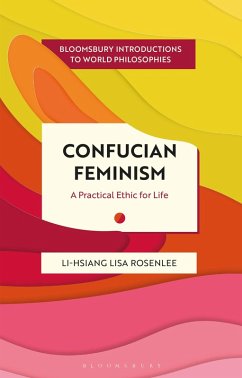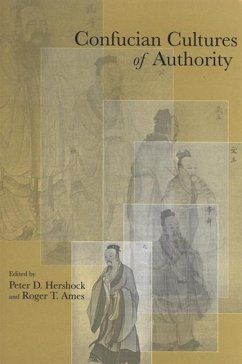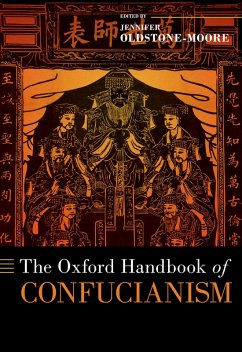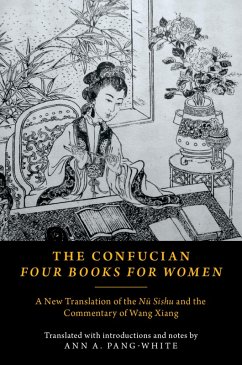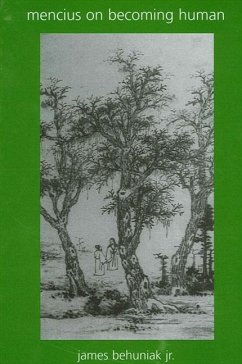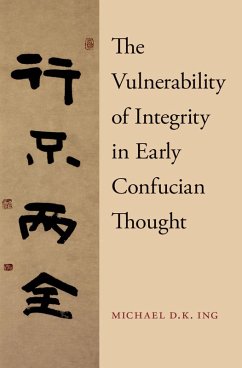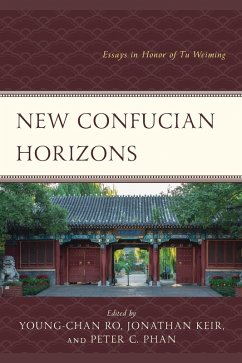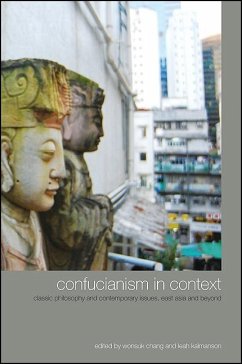
Confucian Feminism (eBook, PDF)
A Practical Ethic for Life
Versandkostenfrei!
Sofort per Download lieferbar
16,95 €
inkl. MwSt.
Weitere Ausgaben:

PAYBACK Punkte
8 °P sammeln!
In Confucian Feminism Li-Hsiang Lisa Rosenlee expands the theoretical horizons of feminism by using characteristic Confucian terms, methods, and concerns to interrogate the issue of gender oppression and liberation. With its theoretical roots in the Confucian textual tradition, this is the first re-imagining of Confucianism that enriches, and is enriched by, feminism. Incorporating distinctive Confucian conceptual tools such as ren (benevolent governance), xiao (filial care), you (friendship), li (ritual), and datong (great community), Rosenlee creates an ethic of care that is feminist and Con...
In Confucian Feminism Li-Hsiang Lisa Rosenlee expands the theoretical horizons of feminism by using characteristic Confucian terms, methods, and concerns to interrogate the issue of gender oppression and liberation. With its theoretical roots in the Confucian textual tradition, this is the first re-imagining of Confucianism that enriches, and is enriched by, feminism. Incorporating distinctive Confucian conceptual tools such as ren (benevolent governance), xiao (filial care), you (friendship), li (ritual), and datong (great community), Rosenlee creates an ethic of care that is feminist and Confucian. At the same time she confronts the issue of gender inequity in Confucian thought. Her hybrid feminist theory not only broadens the range of feminist understandings of the roots of gender oppression, but opens up what we believe constitutes gender liberation for women transnationally and transculturally. Here is a practical ethic that uses Confucianism to navigate the contours of inequality in everyday life.




